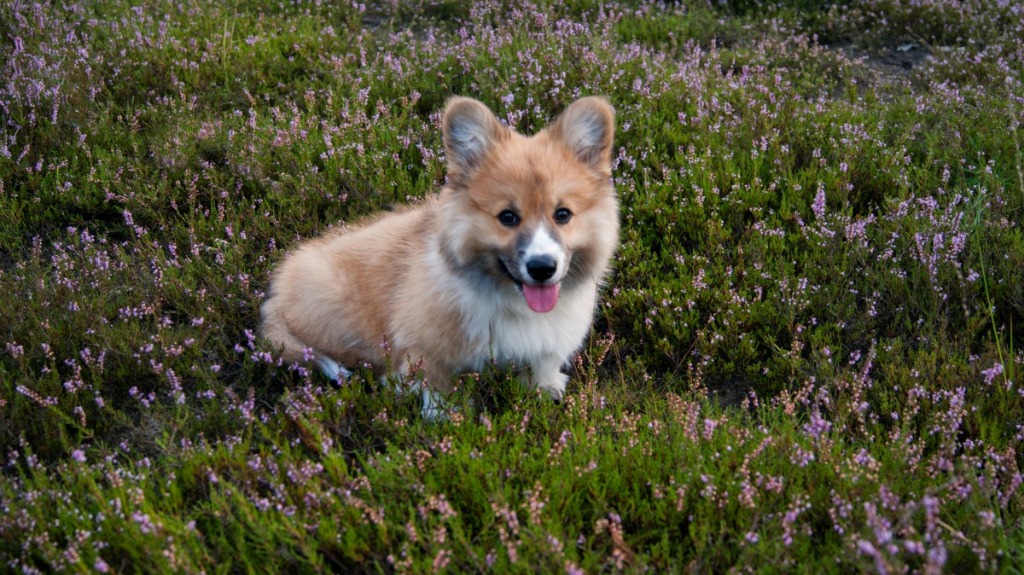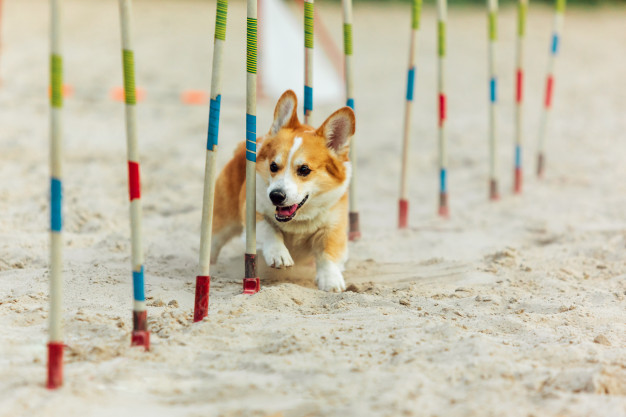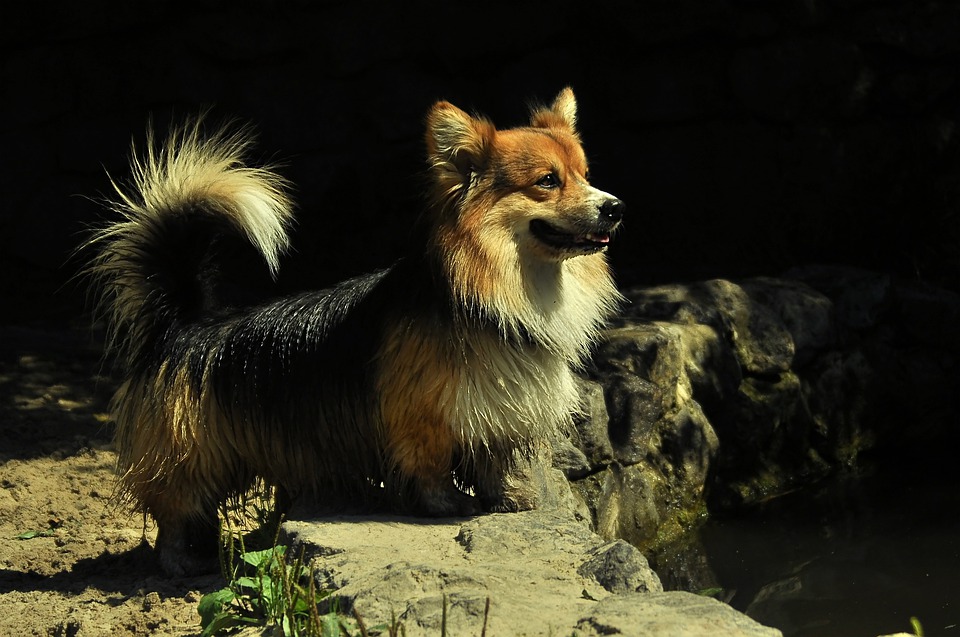Common Corgi Dog Behavior Issues
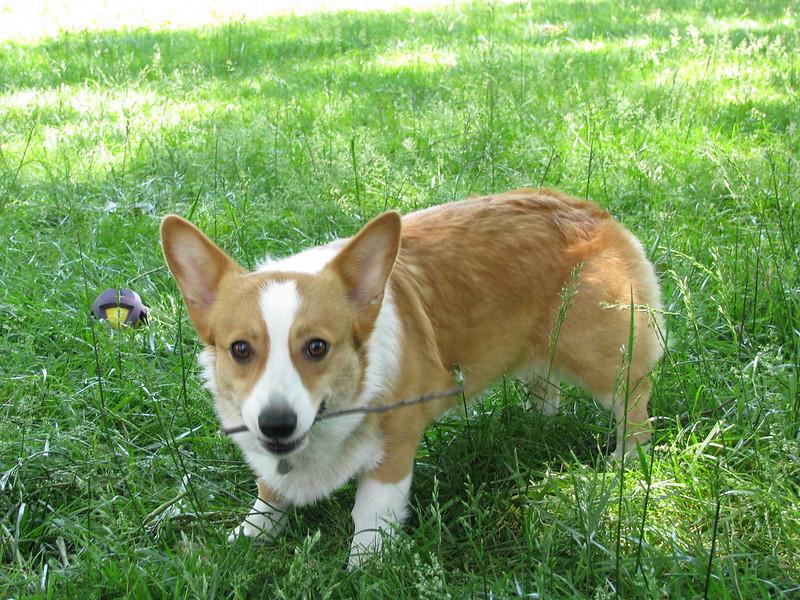
All living beings possess some behavioral patterns by which we can know them better. Since you are a dog lover, either you are here to read about your favorite breed (Corgi’s) behavioral patterns, or maybe you are thinking about having one, so you want to be well prepared. In any case, you have landed in the right place.
Before understanding the fundamental difference in this breed, let us know that there are two types of Corgis: Pembroke Welsh Corgis and Cardigan Corgis. And even the two of them share much difference in terms of physical attributes and behavioral patterns.
Let’s the basic behavioral traits of Pembroke and Cardigan Corgis-
Pembroke vs. Cardigan Corgis
Pembroke Corgi is the more popular breed amongst the two, maybe because it is Queen’s favorite breed, and secondly, it is the more playful one. They are strong, determined, confident, and sometimes hard to control. But you can indeed control them with your actions.
On the other hand, Cardigan Corgis are the calmer ones; they are very alert and attentive to their surroundings and do not mix up quickly. On the other hand, they bark a lot and try to threaten strangers. They are loving and caring too but not as much as the former ones.
1. The gender differences
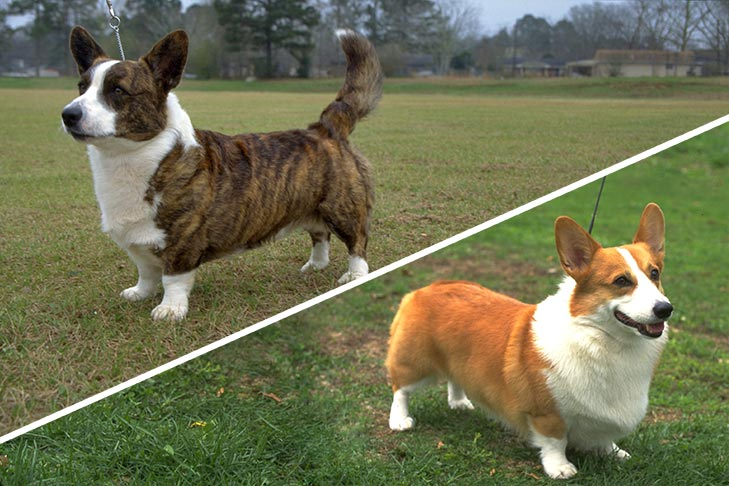
After understanding the basic contrast between the two breeds, let us also note how the male corgis and female corgis are different.
You would generally find male dogs being aggressive, and it is challenging to handle them compared to females. Whereas in the case of Corgis, it is quite the opposite. Females are more assertive and tend to question the owner quite often, disregarding all their orders.
But that doesn’t make them less affectionate towards their family. On the contrary, they love their humans as much as the male corgis, and they learn as you teach them.
Male corgis are a bit laid back, and they try to indulge in playing with the owners and getting pampered without getting in any trouble. All in all, it is easier to manage male corgis than female ones.
After understanding the specific differences between the behavioral patterns of the intra breeds and the genders, let us look at the more general behavioral; patterns of Corgis as a whole.
2. Barking issue
Corgis have a big problem with barking and strange things, new people and other animals. So, it would help if you were patient and prepared for that. It can be troublesome, but in a way, their habit of barking also makes them attentive and good at looking out for your safety too.
The barking issue can come out of anger and fear both. Also, if you didn’t know, barking is your dog’s language, and corgis are the gullible ones, so they bark and try to communicate too.
3. Biting

This breed loves growling, showing its teeth, and biting things in anger. You need to train your dog early if you want to end this kind of behavior.
4. Bossy around kids and other animals
If you plan to get a corgi or have a corgi, you must know that they are not great around strangers – especially kids and other animals. However, it is not the end of the world. You can always help them learn the art of socialization and behave. So, start introducing kids and other animals to them from the very beginning.
5. Highly energetic

We know you have seen all these cute videos and photos of corgis playing around. So by now, we know how energetic these little ones are.
This breed has a history of working on farms with the cattle, so they were trained to be energetic; it is in their genes. However, what you need to know is that with this kind of energy comes their ability to be destructive.
They need a particular set of exercise routines in their daily life; otherwise, they would be bored and tend to cause a lot of trouble in the house for you. In simpler words, if your Corgi is tired, he is well behaved.
Here are some tips that can help you control and train your Corgi from misbehaving:
- First, understand what behavior does your dog exhibits and why
- Act and see how they take it
- Take that approach from the next time or change it if they do not like it.
- So what happens is that you, Corgi, were destroying the furniture and scolding them. Maybe your dog will understand that he made a mistake and stop doing it, or perhaps he would counter you with his aggression.
- First, you need to know why he was destroying the furniture? Was he sad, angry, excited? Didn’t he get his exercise for the day?
- After establishing this point, you take an approach to stop this behavior. First, you try and scold him. If he stops and surrenders, good, but if he doesn’t, he might start being more aggressive and try to tell you who the boss is by showing his teeth.
- If this happens, you stop and turn away. Now you would try and give your little one a silent treatment. You don’t call him, asks if he wants food, you don’t play with him or pet him.
- Eventually, he would start realizing that he did something wrong and hurt you so that he would surrender and come right on your lap with his small apology face.
- After this apology, you would want to train your dog and teach him to behave appropriately.
Fortunately, Corgis are easy to train. They are smart, loving, obedient, and care about their owners.
- Reinforcements
Corgis love food and attention. So if you want it your way, you pamper them, and they would surrender completely. As soon as your Corgi follows one instruction, please give him a treat or pat his head; he would start following your commands more.
- Start Early
As late as you start your Corgi’s training, there are chances that they do not listen to you. So it is better to start early with them. Also, they need to learn how to mix up with kids and strangers; otherwise, they would trouble you a lot in the later years.
- Dominate
Corgis have this habit of dominating and becoming the boss if you do not. So, always take a stand and assert yourself on them. This way, they would keep their behavior in check.
Each of us has some faults and shortcomings, but that doesn’t make us a pad living being. Unfortunately, that is also the case with your little one. No matter how he behaves, he would still be your kid, and you can always teach him better things with the proper techniques.



